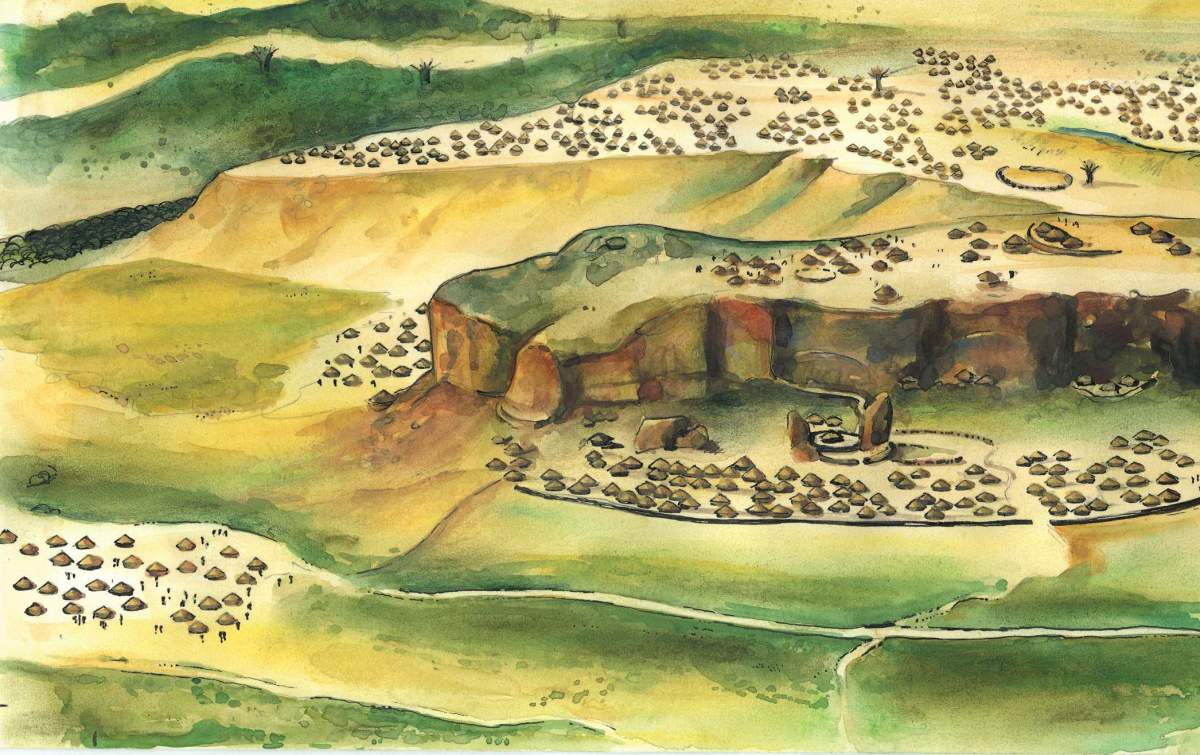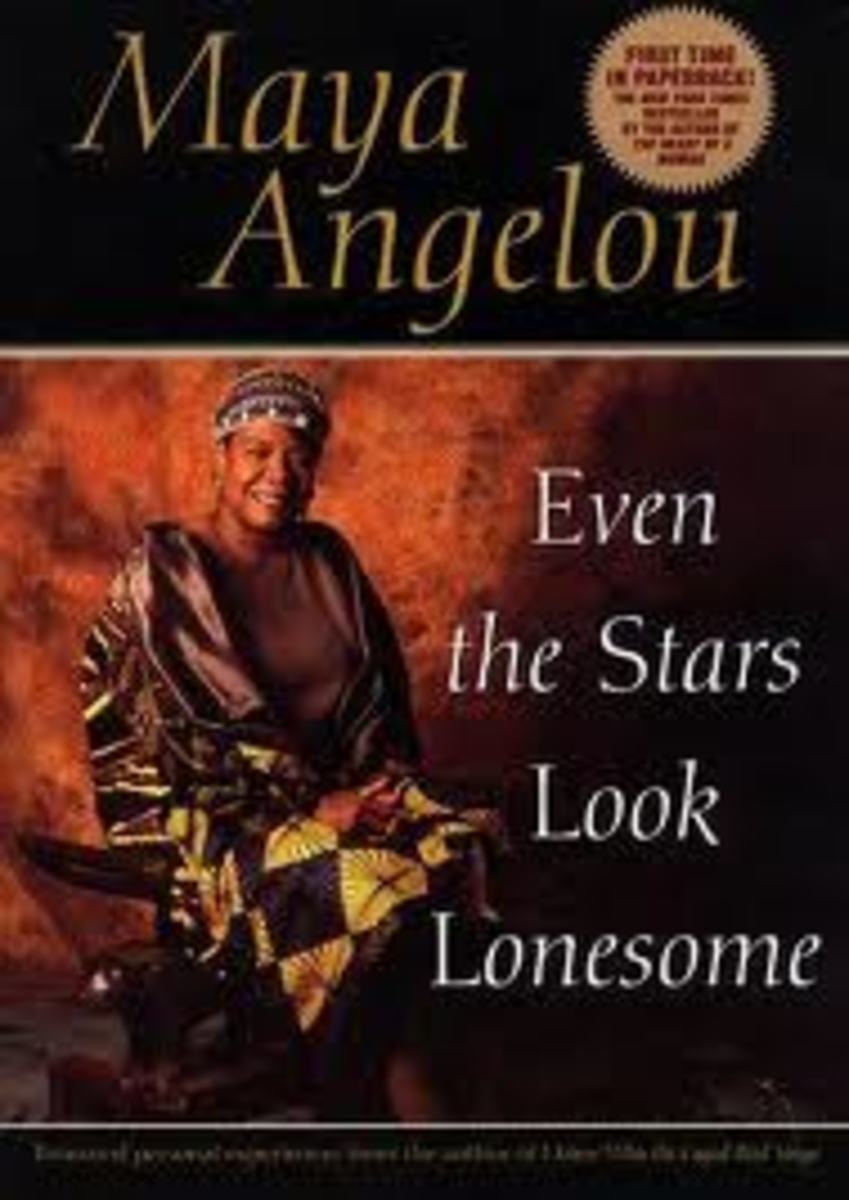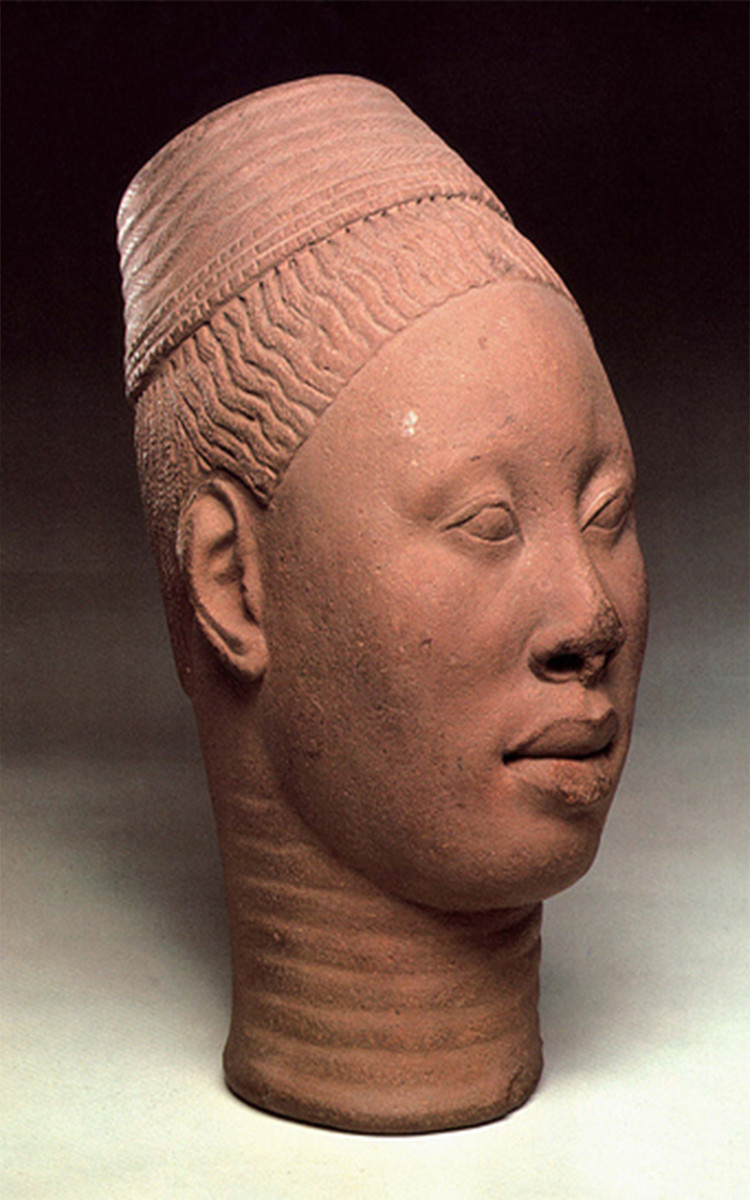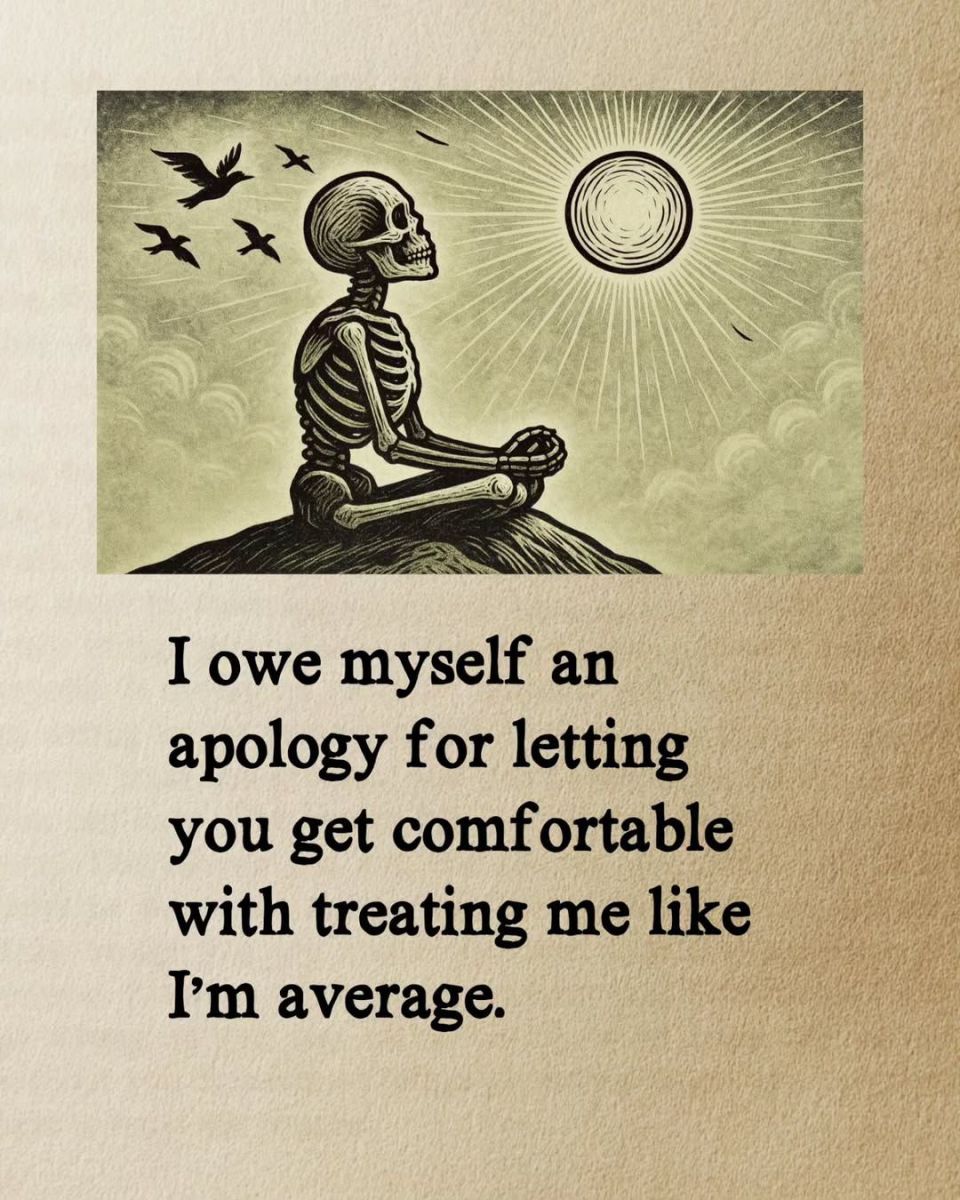African Culture on the Verge of Displacement.
Overview:
A people’s culture is undeniably their identity; it is with it that they are recognized. It is their singular and peculiar distinctive features from other peoples and cultures. Without any fear of hyperbole, there is an inseparable nexus between a people and their culture because what makes any human society is its culture. Hence, Taylor defines culture as “that complex whole which includes knowledge, belief, arts, morals, customs, laws and other capabilities which are learned, shared by men as members of society and transmitted from one generation to another”.
Culture from the above is simply everything about a people’s life and existences. The absence of culture is the absence of people; for a people without culture is no people, it is in fact inconceivable .For ethnographers, no two cultures when put parallel are absolutely identical; more so, no particular culture makes more sense than the others, culture always makes sense to the people that uphold it, therefore, comparison of cultures on the basis of which is better is strictly unnecessary and unwarranted.
Against the back drop of the indispensability and goodness in every culture, the apprehension for the non-appreciation, degradation and relegation of African culture becomes legitimate. No critical and concerned person on the African continent can claim oblivious of the appalling craze for western civilization at the utter detriment of our origin and values.
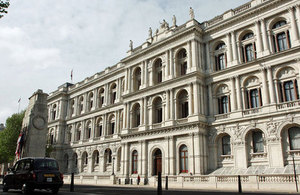
1. Positive Effects of the Colonial Experience of Africans:
While it is true that we can identify some positive effects of the colonial experience of Africans, the gamut of the experience has remained a huge impediment in Africa’s self-realization. More than four decades after most African countries gained their independence, it has appeared impossible for Africans to fashion an indigenous structure that will run her politics and promote her cultural values simply because by disrupting the pre-colonial value system that was operative and favourable for Africans and imposing their foreign corpus of value and models, they planted the seed of permanent identity crisis and disintegration.
In their ethnocentrism, they made us believe our culture was not good enough and so needed to be replaced with their so called paradigmatic culture. They needed to teach us how to be human beings. So they dismantled our cultural and value system and proceeded to colonize our soul and spirit such that whether or not they are physically here with us, they perpetually become the prototype for culture and a reference point for our value system so that any culture or value that is not in tandem with theirs becomes barbaric or at best moribund and obsolete.
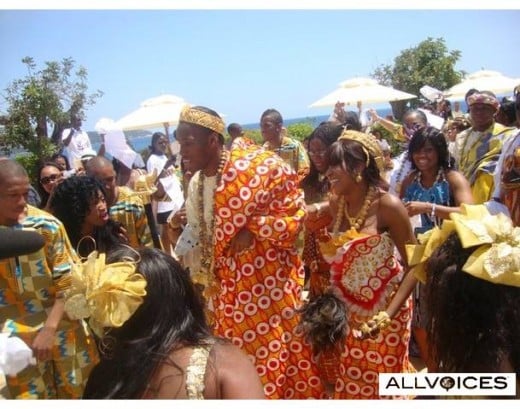
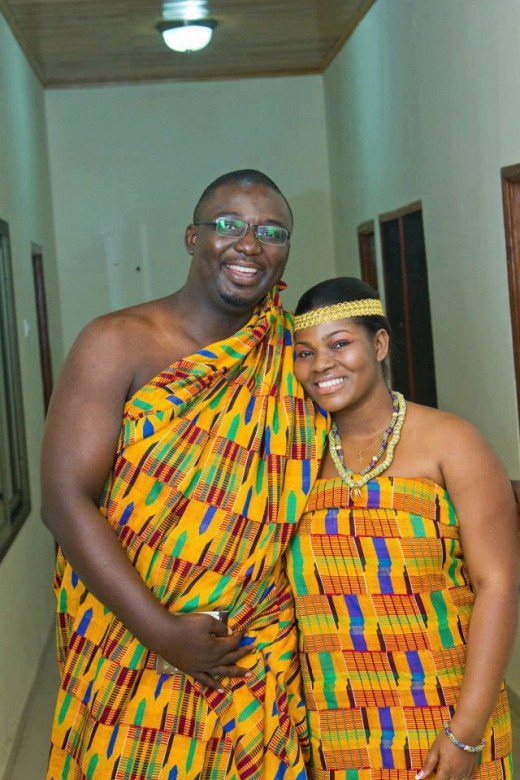
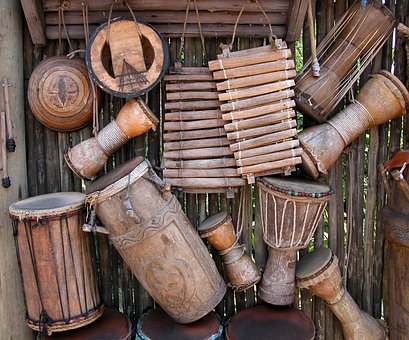
2. African Culture is on the Verge of Extinction:
There is today an indiscriminate, unscrutinised and reckless assimilation and absorption of values of foreign and incompatible with our robust African heritage and profound values. Consequently, our culture is on the verge of extinction and we do not realize that the extinction of our culture is tantamous to our own extinction. The velocity and frequency at which the rich cultural deposits bequeathed to us wears down is frightening and calls for immediate attention because except something radical is done, we will gradually and consistently relapse into self-annihilation.
Meanwhile, the cultural erosion is an evidence of a more fundamental problem, an expression of an internal dislocation in the African entity. Indeed, things fall apart and the Centre cannot hold. There is a disintegration of the African person, his soul is corrupted and in crisis and this is expressed in self- alienation. The African hemisphere is mentally hijacked. The followings are the African values that are quickly gravitating towards extinction:
i. Erosion of African Culture and Values:
It is within this ambience that we can understand the reason for the speedy erosion of African culture and values. From all indications, what we have in Africa is a very false and parochial independence. The African world is in a new phase of imperial rule-Neo- Colonialism; defined by the All African People’s Conference as the subsistence of the colonial system regardless of their official recognition of political independence in emerging countries which become victims of an indirect and subtle form of domination by political, social and economic means. This is an impediment has entrapped the African person because as Wiredu puts it, apart from the ruins caused already by the physical colonialism, Africans today are trained and raised with the same western and colonial framework; the political system, socio-cultural structures, educational and value system continue to be dictated, controlled and monitored by these imperialists.
Consequently, the minds of African persons who are supposed to cherish and promote the African cultural values are soaked in western ideas. The immediate implication of this is inability to achieve self-understanding and appreciation because they keep looking at western values as models and aims at meeting up with them. The things that used to be culturally repugnant and were seen as shameful have become fashionable.
ii. What has happened to African respect for Marriage, Sex and Purity?
Hitherto, marriage has always been a very respectable value in the African world. Having children out of wedlock was therefore considered a mistake and in fact shameful to a woman, her family and the man responsible for such pregnancy were considered irresponsible. In some cultures, it was a taboo and young girls were banished from their villages as a result of this. We only heard about it in the western world but today, we have a culture of baby mama and baby daddy. It has not only become permissible, it has become fashionable and trendy. Africans now talk about baby mama as though it were a normal thing.
A number of our people have children from different woman out of wedlock and these people are models in our societies, even such highly placed people as ministers of the country and learned legal luminaries. They flaunt them on social media, celebrate them in public and gallivant around with them. The woman throw the so –called baby shower party even when they are not married- these are Africans and this phenomenon is totally non-African.
What has happened to African respect for marriage, sex and purity? Africans have simply learned from the whites. Marriage we know in the western world was just a contract between just two people, for them it’s a matter of convenience; they could walk in and out of it at will. But this is not the case in Africa; marriage is a relationship between not just two families but in most cases villages or towns. This again is becoming a thing of the past. People now get married in cities, they take their friends and colleagues to the bride’s house and they organize traditional marriage in big hotels without involving families and relatives and so how can such marriages endure? Any little rupture or inconvenience could split the couple because there is neither any serious commitment nor is there anything at stake.
iii. Communalism and the sense of brotherhood use to be the Pride of Africa:
Communalism and the sense of brotherhood use to be the pride of Africa. Communalism is a system that is both suprasensible and material in its terms of reference. Both are found in a society that is believed by the Africans to be originally god made because it transcends the people who live in it and it is man –made because it cannot be culturally understood independent of people who live in it now. A popular adage puts it thus; “go the way that many people go, if you go alone, you will have reason to lament.” Africans perceived security and its value as being dependent on one’s identification with the community.
The community was the custodian of the individual and every good in the society, so he shares his life with the community and realizes himself within the community. While I was growing up, it was a big deal if you were cooking and discovered that you didn’t have oil or salt, you could easily cross over to the next house and collect whatever you needed, it was normal. People didn’t waste their matches because you could get burning charcoal from the house opposite yours. Life was peaceful, easy and convenient.
We didn’t have giant fences, burglary proofs and iron padlocks yet people weren’t kidnapped, those who stole were simply hungry people. But African travelled and saw tall houses and iron burglary proofs, they imported them and installed them in Africa. They bought English dogs and people could no longer cross over to the next house to collect fire or borrow oil and salt. We became prisoners to ourselves, kidnapping and robbery became widespread even with the tall walls and burglary proofs, indeed when things fall apart, the Centre cannot hold. Security has eluded us.
iv. Sense of Sacredness of life:
Another African value that is quickly gravitating towards extinction is the sense of sacredness of life. Strictly speaking, violence is alien to Africa because shedding of blood was highly abhorrent. People were killed only when their continued existence became a threat to the life of many in the community, in such cases; it was for the common good of the community since it is better for one man to die than for the whole community.
Wars were fought only when all other means of settling dispute and achieving peace were exhausted. Murder was discouraged, especially within the clan. If one committed any murder, he was expected to go through some ritual, to perform certain sacrifices to avert or ward off the wrath of the spirits.
Unborn children were also protected, so abortion was a taboo. Nobody was allowed to take his/her life or assist another take his/her life, no matter how bad someone’s life is, it is better than death. Today we have a culture of death. We see and hear brothers killing each other, father killing his children and children killing their parents. Abortion and euthanasia are being argued for and even practiced proudly by Africans. Our people now procure abortion because they have business trip to make or have examination to write. Human beings are today killed and treated like chicken.
Suicide is today very common; life has become personal property, anytime it becomes a burden, you are at liberty to shed it off. This is what Monsignor Michael Mozia called “a culture of convenience and disposable.”
v. The Culture of Hospitality has become a History Today:
The culture of hospitality has become history today. With our tall walls and secured homes, the stranger is neither noticed nor welcomed. Kola nuts, traditional gins and coconut which used to be symbols of hospitality have today become medium for poisoning people. People are now scared of eating kola nuts or drinking gin when they visit relatives and friends for the fear of poison.
vi. African Languages are nowadays considered Archaic and Local:
African languages are nowadays considered archaic and local. Sophistication now involves one not being able to speak his own language or the traditional proverbs of his language. Parents pay huge amount to help their children gain proficiency in such foreign languages as English, French, Spanish, and German etc. at the detriment of the indigenous mother tongues.
vii. Crime and Evil have multiplied, due to the contemporary loss of the Sense of the scared and Religion in Africa:
Crime and evil have multiplied because of the contemporary loss of the sense of the scared and religion in Africa. It is common to now see Africans who have no sense of god or sacredness, who believe that life culminates in here and now and so they live life without reference to any supernatural entity. Respect for elders and constituted authority that were characteristic of typical African society now seem foreign while the foreign individualistic and atheistic life have become normal.
Conclusion:
These values that are superlatively phasing away are the African pride and glory. They are the features that make us peculiar and a people different from others. These cultural values give us our identity. Unfortunately, we are folding our hands watching while these values lose their places of honour in our societies. Africans must come to the consciousness of the reality of an overwhelming presence and power of western civilization and culture. And while we cannot rule out the positive effects of the western civilization when it comes to positive enlightenment and comfort, Africans must exercise discretion and caution is syncretizing the two cultures. The borrowing of the positive aspects of the western culture must not lead to the non-appreciation or abandonment of our own culture and values. We must resort to Wiredu’s recommendation for a conceptual colonization through which we purge ourselves of the mental colonization that has held our soul captive and perpetually subservient to the western ideas and dictates.
Reference:
- Amadi E., Ethics in Nigerian Culture, Ibadan, 1982.
- Davidson B, the African Genius, Boston 1969.
- George Ehusani, In Conversation Volume 2 engaging the World with Passion, Abuja Sovereign Prints, 2011.
© 2017 ODEWOYE FRANCIS SUNDAY

